IRS Problems? Think About Mediation!
July 15, 2024
If you're having an IRS problem, mediation — also known as alternative dispute resolution — can help you resolve your tax issues early and efficiently, according to the agency. Mediation can provide a less expensive approach to wrapping up a problem than other options.
Is it right for you? The IRS says mediation might be right for a taxpayer if:
- The taxpayer wants to resolve the dispute at the earliest possible stage of their audit.
- The taxpayer doesn’t have many disputed issues.
- The taxpayer gave the IRS information to support their position.
- The IRS is still considering the taxpayer’s case and issues remain unresolved.
The IRS notes that mediation is:
- Voluntary for both parties.
- Nonbinding, meaning each party retains 100% control over whether to settle the case.
- Effective when both parties have a desire to resolve the disputed issue.
- Appropriate when all issues are fully resolved except the issue for which mediation is requested.
- A chance to avoid a lengthy appeal process or costly litigation.
Taxpayers should note that mediation is not:
- Required by either party.
- A replacement for the audit or collection process.
- A process in which the parties in the dispute offer arguments directly to the mediator, hoping to “win.”
- Effective if either party believes the only way the dispute will be resolved is if the other party concedes or gives up on its position.
- A time to present new information or raise new issues.
- An opportunity to try to get a more favorable outcome or delay the examination or collection process.
Get off to a good start
The IRS wants the mediation process to work for everyone, and it has provided a guide to preparing for a successful mediation. Mediation isn't a magical cure, and if taxpayers want a good outcome, they should prepare in advance. The IRS advises asking yourself the following questions in preparation for mediation:
- As you think back on the dispute, what is the core of the matter for you?
- How do you think the facts, circumstances and events that gave rise to the dispute look to the other party? What would you likely do if you were in their shoes, and what might help you understand their perspective better?
- Are there factors beyond the control of the parties that contributed to the dispute?
- What might you do differently if you had the opportunity to start over?
- What would it be like for this dispute to be over?
- What would it be like to have the case proceed to litigation and end unfavorably?
- What would a fair resolution of the dispute look like?
Keep an open mind. You should have a desire to truly resolve the dispute, not just to make it go away. Naturally, you don't have to agree with the IRS' position, but you should make an effort to understand the agency's concerns. In general, be open to new ideas for resolution.
Discuss your situation with your Larson & Company tax adviser, and consider whether mediation is the right path for your problem. Find out more about our full range of tax services for individuals and businesses.
Source: Industry Newsletters ©2024


.png)



